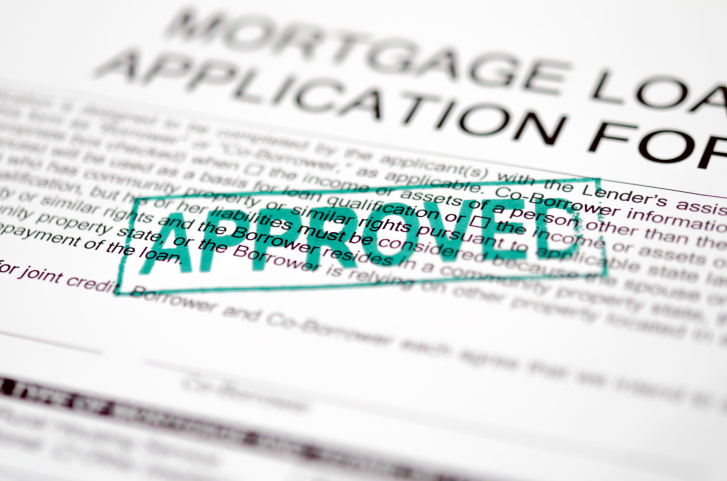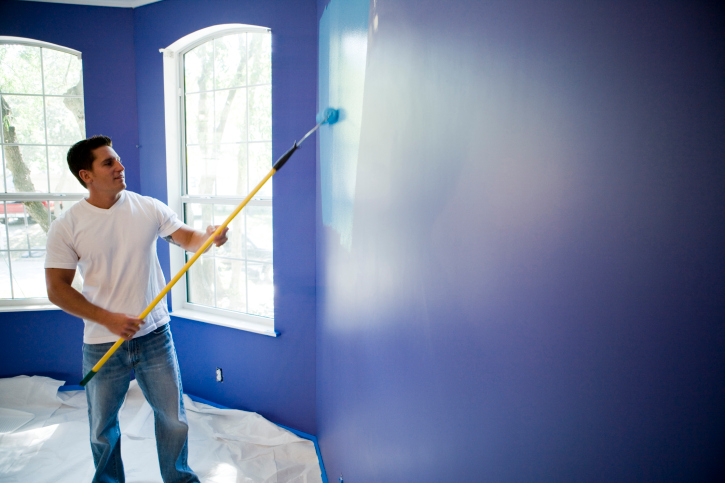 Last week’s economic reports included readings on inflation, retail sales, and a speech by Federal Reserve Chair Jerome Powell. Weekly readings on mortgage rates and jobless claims were also released.
Last week’s economic reports included readings on inflation, retail sales, and a speech by Federal Reserve Chair Jerome Powell. Weekly readings on mortgage rates and jobless claims were also released.
Inflation Rises as Retail Sales Fall, Fed Says Current Monetary Policy Won’t Change
The Consumer Price Index rose to 0.40 percent in December as compared to November’s reading of 0.20 percent. The CPI measures inflation and the Core CPI measures inflation without the volatile sectors of food and fuel. December’s Core CPI reading fell to a rate of 0.10 percent growth from November’s reading of 0.20 percent.
Retail sales were dampened by the coronavirus, but December’s negative reading of -0.70 percent sales was lower than the -1.40 percent rate reported in November. December sales excluding the automotive sector were -1.40 percent lower in December as compared to November’s reading of -1.30 percent.
Federal Reserve Chair Jerome Powell dispelled fears of rising inflation and said that the Fed’s Federal Open Market Committee will not raise its current federal interest rate range of 0.00 to 0.25 percent any time soon. Chair Powell also said that the Fed would not decrease its purchase of Treasury Bonds as a further measure to stabilize the economy.
Mortgage Rates, Jobless Claims Rise
Freddie Mac reported higher average mortgage rates last week. Rates for 30-year fixed-rate mortgages rose by 14 basis points to 2.79 percent. Rates for 15-year fixed-rate mortgages averaged 2.23 percent and were seven basis points higher. Rates for 5/1 adjustable rate mortgages rose by 37 basis points to 3.12 percent on average. Discount points averaged 0.70 percent for fixed-rate mortgages and 0.40 percent for 5/1 adjustable rate mortgages.
First-time jobless claims rose to 965,000 claims filed last week as compared to the prior week’s reading of 784,000 initial claims filed. Ongoing jobless claims also rose with 5.27 million claims filed as compared to the prior week’s reading of 5.07 million continuing claims filed.
The University of Michigan’s Consumer Sentiment Index was lower in January with a reading of 79.2. Analysts expected an index reading of 79.2 based on the December reading of 80.7.
What’s Ahead
This week’s scheduled economic reports include the National Association of Home Builder’s Housing Market Index and reports from the Commerce Department on housing starts, building permits issued. Sales of pre-owned homes will also be reported along with weekly readings on mortgage rates and jobless claims.
 Right now, mortgage rates have fallen to rates that haven’t been seen in years. This opens the door for many people to apply for a mortgage that they previously may not have been able to afford. Sadly, not everyone who applies for a mortgage is going to be approved. There are a few steps that applicants can take to increase their chances of getting their mortgage application approved.
Right now, mortgage rates have fallen to rates that haven’t been seen in years. This opens the door for many people to apply for a mortgage that they previously may not have been able to afford. Sadly, not everyone who applies for a mortgage is going to be approved. There are a few steps that applicants can take to increase their chances of getting their mortgage application approved. Are you feeling the “renovation itch” or perhaps looking for a fun project that you can take on which will provide you with a return on your investment? There are numerous home upgrades and renovations that can add value to a home without costing a large sum of money to complete.
Are you feeling the “renovation itch” or perhaps looking for a fun project that you can take on which will provide you with a return on your investment? There are numerous home upgrades and renovations that can add value to a home without costing a large sum of money to complete. For those who are trying to buy things for their home, it is important to think carefully. Nobody wants to overpay; however, reaching for something cheap may simply end up getting replaced quickly. There are a few highlights that everyone should consider purchasing for their home in January!
For those who are trying to buy things for their home, it is important to think carefully. Nobody wants to overpay; however, reaching for something cheap may simply end up getting replaced quickly. There are a few highlights that everyone should consider purchasing for their home in January! While many people claim every January that they are going to exercise more, a lot of them give up after the first couple of months. It takes a great deal of effort to make it to the gym before work or have the energy to go afterward.
While many people claim every January that they are going to exercise more, a lot of them give up after the first couple of months. It takes a great deal of effort to make it to the gym before work or have the energy to go afterward. Last week’s economic reports included readings on construction spending and reports on the national unemployment rate and job growth. Weekly reporting on mortgage rates and jobless claims were also published.
Last week’s economic reports included readings on construction spending and reports on the national unemployment rate and job growth. Weekly reporting on mortgage rates and jobless claims were also published.